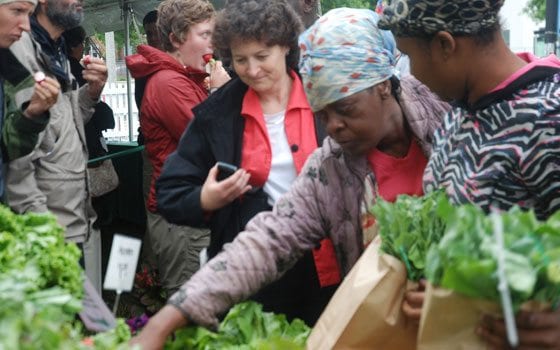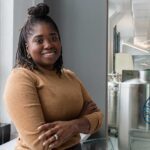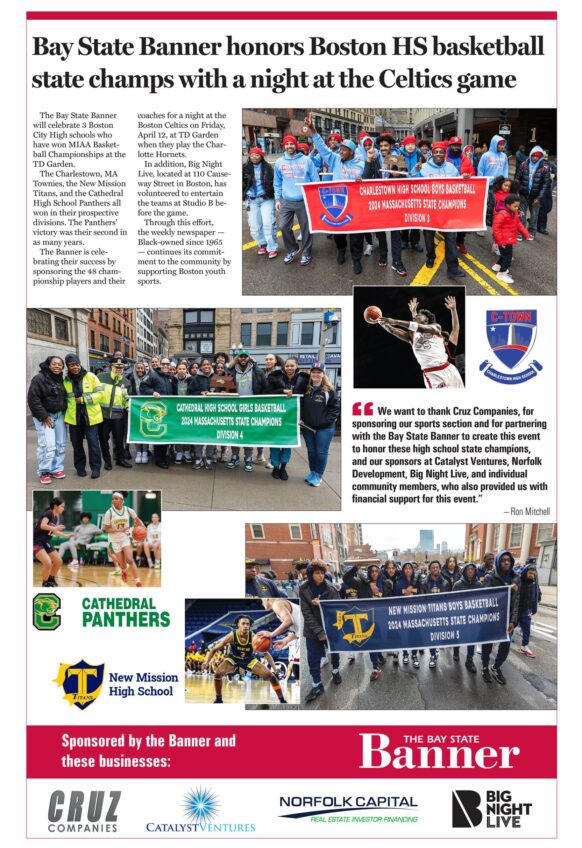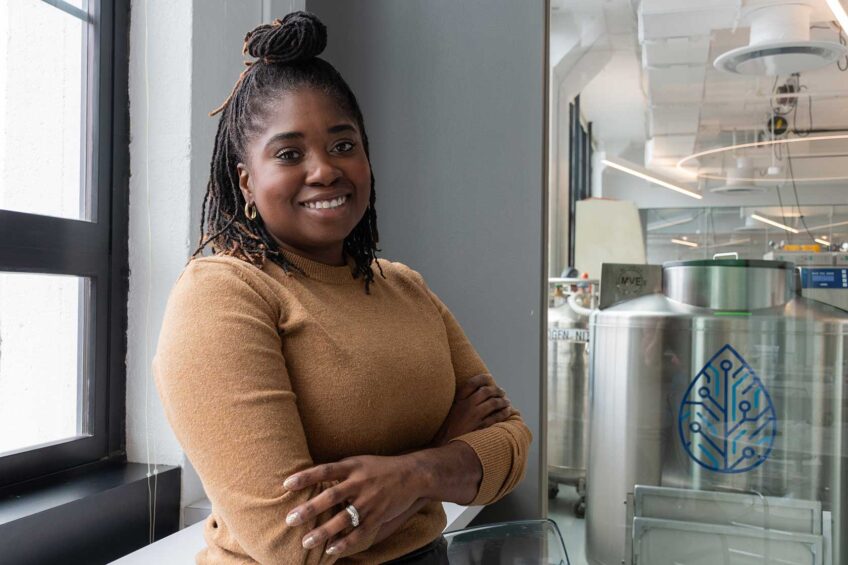
As the muggy heat of summer descends upon Boston, fruits and vegetables are sprouting up in Dorchester.
Last Thursday, ReVision Urban Farm inaugurated a new farm stand at 1062 Blue Hill Ave. in Dorchester. The farm stand will sell fresh and locally grown fruit, vegetables and herbs grown at ReVision Urban Farm and other community farms in the Boston area.
“By offering fresh produce grown right in the neighborhood, this new farm stand will make healthy food options available to everyone in the community,” said Mayor Thomas Menino, who attended the ribbon-cutting ceremony.
“Now,” Menino continued, “this organization is helping to close the gap on health disparities while increasing access to affordable, nutritious, locally grown produce for families living in our neighborhoods.”
For SNAP participants, produce will be offered at a discounted rate. Boston Bounty Bucks will match, dollar-for-dollar, food stamp spending at farmer’s markets in the Boston area — $10 of food stamps will buy $20 of produce.
Lucy Warsh from the Department of Neighborhood Development, which licensed the land for the new farm stand, lauded the project as a “great use for this long-time vacant lot.”
The farm stand is run and owned by Victory Programs’ ReVision House, a Dorchester shelter that provides housing for 22 homeless mothers and pregnant women. ReVision House works to transition these families to permanent housing through job training and education assistance, and to develop other skills like parenting and nutrition.
Twenty years ago, ReVision House began a small vegetable and herb garden to provide fresh produce for the women living in the shelter. As interest in the garden grew — not just from ReVision House, but from the entire neighborhood — it expanded.
With the help of the City of Boston, ReVision House tore down abandoned and misused buildings across the street, and cleared space for a bigger farm — ReVision Urban Farm. It now spans four lots, totaling one acre of land.
The Urban Farm represents a transformation of space. As President and CEO of Victory Programs Jonathan Scott explained, people have “taken back their own neighborhood” by converting dead space into something productive.
Not only does the Urban Farm provide fresh produce for families in the shelter and the surrounding neighborhood, but it also became an opportunity for job training, employment and education.
“The farm was built around the needs of the families,” Scott said.
For many mothers at ReVision House, the Urban Farm became their first source of employment, and taught important job skills like communication, marketing and teamwork.
The Urban Farm also became an educational tool. Tammy Simmons-Dixon, deputy director of Victory Housing, explained that it is the entry point for teaching the mothers about nutrition — the importance of eating fresh fruits and vegetables, budgeting — comparing the costs of fast food to farm produce, and parenting — enjoying a sit-down family dinner instead of eating quickly on the go.
Teaching these lessons to young families Simmons-Dixon hopes will “change the thinking of generations to come.”
As Scott noted, the farm has “provided more than stability, it created a community.”
With fresh produce easily accessible, the women in ReVision House began cooking more — together. Simmons-Dixon notices fewer fast food delivery cars pulling up to the Fabyan Street shelter and more families cooking, eating and sharing as a community.
But ReVision Urban Farm has addressed important community needs beyond the shelter. Through its farm stand, community-supported agriculture (CSA) shares and donations, the farm is an oasis in the middle of an urban food desert.
Fresh and locally-grown vegetables in Dorchester are “relatively unavailable,” said Urban Farm Manager Matthew Kochka. The situation is what Scott described as a “catch-22”— weak infrastructure for providing quality food reduces demand for it, and reduced demand further weakens the infrastructure.
“What we’ve learned is that the community knows about good food and wants good food,” Kochka explained, “but typically it’s prohibitively expensive or it’s just not available.”
According to a 2009 U.S. Department of Agriculture report, 23.5 million people across the country live in low-income areas more than a mile from a supermarket. At the same time, minority and low-income areas have more fast food restaurants per square mile than white or high-income areas, according to a study in the American Journal of Preventive Medicine.
ReVision Urban Farm is attempting to break this cycle by providing affordable, quality produce and creating avenues for other farmers to sell their crops in Dorchester.
The Urban Farm’s bounty includes spinach, collard greens, cabbage, raspberries, eggplant, peppers, mint and herbs, and is grown using all-natural, organic methods.
Last year’s harvest yielded 7,500 pounds of produce — almost half of which was donated to local shelters. ReVision also worked with other local farmers to sell more than 10 tons of produce to urban customers.
Access to quality food is an important piece in the overall health of the neighborhood.
“We’re trying to connect the work that the health centers of the community are doing,” Kochka said. “They’re teaching people about good food, and feeding their children well. But you can have all the nutrition education you want — if you have no fruits and vegetables to buy, none of it really matters.”
Kochka hopes the new farm stand will “create a market for good food,” so that other stores in Dorchester will “pop up that are selling vegetables that are the same quality.”
“We’re hoping to change the food landscape in Boston,” he says.
ReVision’s farm stand at 1062 Blue Hill Ave. will be open Thursdays, Fridays and Saturdays from 12-4 p.m.






